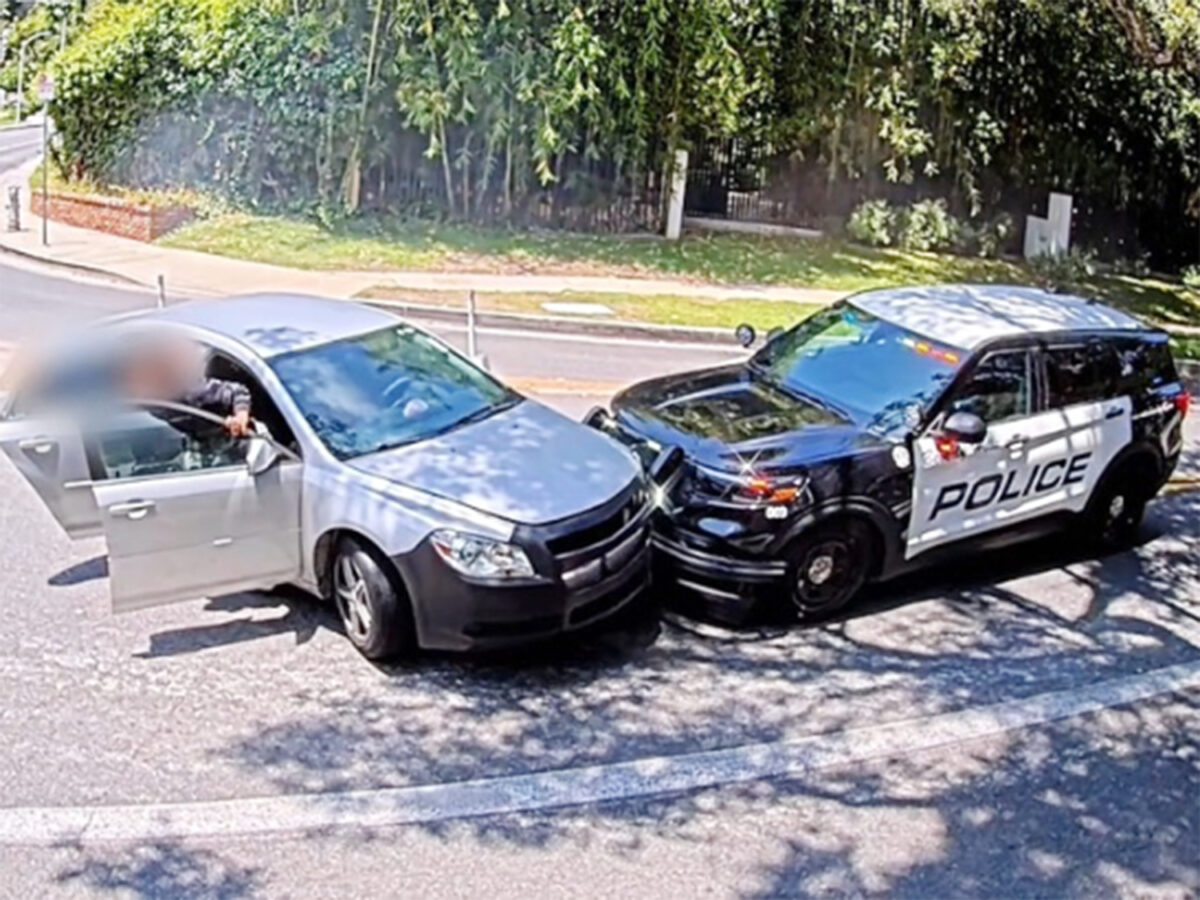At a special meeting on Jan. 16, the Beverly Hills City Council voted unanimously to temporarily suspend restrictions on short-term rentals in the city to help provide housing for individuals and families displaced by the recent fires.
The ordinance was proposed due to the high need for housing and the proximity of Beverly Hills to the Palisades Fire. Passed as an urgency ordinance, it took effect immediately.
On Jan. 21, the Los Angeles County Board of Supervisors followed suit, approving a measure that will temporarily lift certain limitations on short-term rentals.
Beverly Hills’s current restrictions on short-term rentals state that in single-family zones, units may be rented up to twice a year for fewer than six months at a time. In multifamily zones, short- term rentals are defined as being anything less than 30 days and are prohibited.
The temporary ordinance will be in effect for 90 days, at which point it will be sent back to the city manager to determine whether it will be extended for another 90 days. It states that units may only be rented to households that are in a current evacuation area or are under an evacuation warning, or those who were previously evacuated and can’t return home.
Those seeking to avail themselves of the newly available rental units must demonstrate they meet those requirements by providing documentation such as an ID, utility bill or bank statement with their name and address.
During the Jan. 16 meeting, Councilmember Craig Corman expressed his support for the ordinance and his gratitude to Councilmember John Mirisch for moving it forward.
“I want to thank Councilmember Mirisch for suggesting we deal with this on an urgency basis,” Corman said. “It was a good idea not to have to wait until our Jan. 28 meeting. I think this is a great idea, I think it’s something we should definitely support.”
To avoid price gouging, the ordinance states that landlords may not charge more than 10% above the rate they’ve charged most recently. If the unit is being listed for the first time, the rental rate cannot exceed 160% of the fair market value, as determined by the United States Department of Housing and Urban Development.
Mirisch said he disagreed with the 160% rate ceiling, calling it too high, but would nevertheless support the ordinance.
“I’m hoping that people who are deciding to rent out their homes, or if they have a spare unit or something, are doing so not to make a killing,” he said. “I hope they’re doing so to help the community. To me, 160% seems to be the definition of gouging … I’m not supportive of that, but I’m not going to vote against the ordinance because I think we need to have something there. But I think it’s ethically the wrong thing to do. I think it is gouging.”
Landlords are exempt from paying a business tax under the ordinance, provided they did not pay one prior to it, and both short-term rentals and hotel rooms offering emergency housing under the ordinance’s stipulations are exempt from the city’s transient occupancy tax.
Michael Forbes, the city’s director of community development, said individuals who violated the ordinance could be subject to penalties.
“We would treat it as any municipal code violation,” he said. “Voluntary compliance is always our first step, and then we can elevate that to administrative citations. If there are repeat violations, we can send it to our city prosecutor for more significant legal action.”
As it became clear that the ordinance would pass, Mirisch recommended sending notifications to residents via email and other promotional materials.
“If we pass this, we should send out eblasts and that sort of thing letting community members know that you’re allowed to, that you won’t be charged business tax, you’re not going to be charged TOT,” he said. “We need to do some PR to let people know that if you’re willing to help and you want to help, you can, and here’s how the city is going to help you.”







